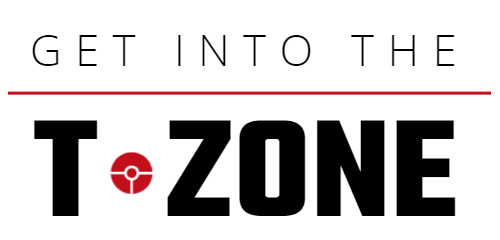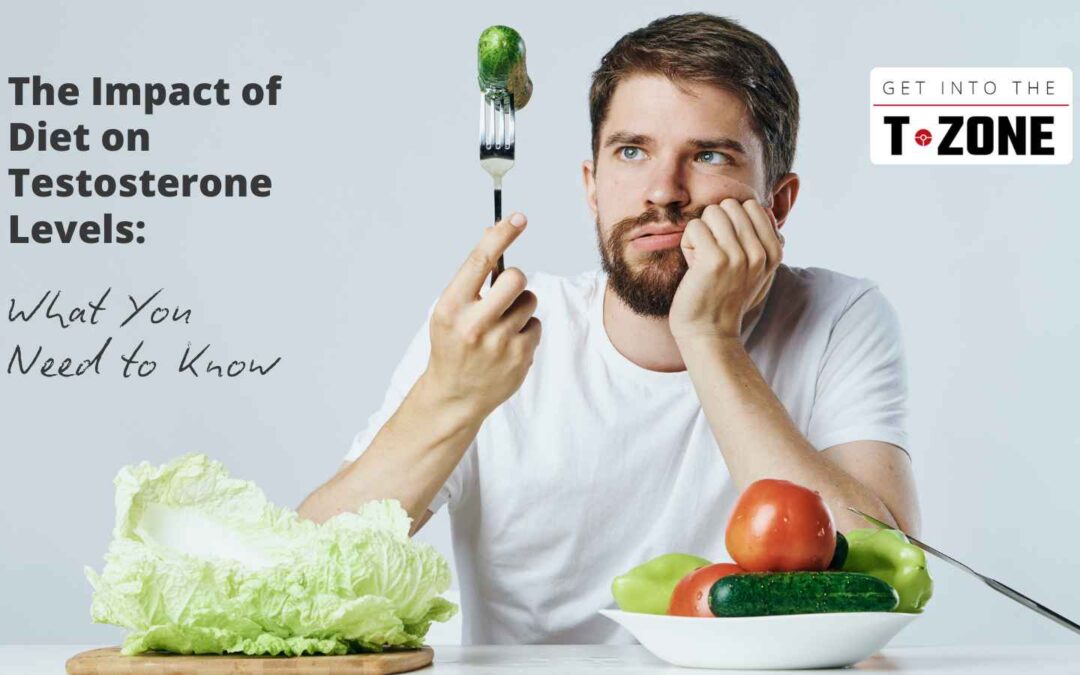The Impact of Diet on Testosterone Levels – What You Need to Know – Testosterone plays a critical role in maintaining a man’s overall health, from muscle mass and bone density to mood and sexual function. While testosterone levels naturally decline with age, certain lifestyle factors, such as diet, can either support or hinder the body’s ability to maintain healthy hormone levels. The good news is that the right nutritional choices can help optimize testosterone levels, whereas poor dietary habits can contribute to lower testosterone and related symptoms.
The Impact of Diet on Testosterone Levels
The Role of Macronutrients
One of the key factors in maintaining healthy testosterone levels is having a balanced diet rich in the right macronutrients—proteins, fats, and carbohydrates. Here’s how each macronutrient impacts testosterone:
- Healthy Fats: Testosterone is a steroid hormone, meaning its production relies on cholesterol. Studies have shown that diets rich in healthy fats, particularly monounsaturated and saturated fats, are linked to higher testosterone levels. Foods like avocados, olive oil, nuts, seeds, and fatty fish (e.g., salmon and mackerel) are excellent sources of these beneficial fats. On the other hand, diets that severely restrict fat intake can lead to lower testosterone production.
- Proteins: Adequate protein intake is essential for overall health, particularly for maintaining muscle mass, which is closely linked to testosterone. A high-protein diet can support healthy testosterone levels, but moderation is key. Diets excessively high in protein at the expense of fats and carbohydrates may reduce testosterone over time. Aim for balanced protein sources such as lean meats, eggs, and plant-based options like beans and lentils.
- Carbohydrates: Contrary to some low-carb dieting trends, carbohydrates play a vital role in maintaining healthy testosterone levels. Carbs provide the energy needed to fuel workouts and support recovery, both of which are important for testosterone production. A diet with complex carbs from whole grains, fruits, and vegetables can promote optimal hormone levels, while extreme carb restriction can potentially lower testosterone.
Micronutrients That Boost Testosterone
Beyond macronutrients, certain vitamins and minerals are crucial for testosterone production:
- Vitamin D: Known as the “sunshine vitamin,” vitamin D is important for bone health and plays a key role in testosterone production. Men with low vitamin D levels are often found to have lower testosterone levels. Spending time outdoors in the sun and consuming foods like fatty fish, fortified dairy products, and eggs can help increase vitamin D levels. Supplementation may also be necessary if you are deficient.
- Zinc: Zinc is essential for testosterone production and overall immune function. Zinc deficiency has been linked to reduced testosterone levels. Foods high in zinc include shellfish, red meat, poultry, and legumes.
- Magnesium: This mineral is known to support healthy testosterone levels, particularly in active individuals. Magnesium helps regulate testosterone by reducing inflammation and enhancing muscle function. Green leafy vegetables, nuts, seeds, and whole grains are good sources of magnesium.
Foods to Avoid
Just as certain foods can boost testosterone, others can negatively impact hormone levels:
- Processed Foods: Diets high in processed foods, trans fats, and refined sugars can contribute to inflammation, weight gain, and hormonal imbalances, all of which can suppress testosterone. Processed snacks, sugary drinks, and fast food should be minimized in favor of whole, nutrient-dense foods.
- Alcohol: Excessive alcohol consumption can lower testosterone production and increase the risk of developing estrogen dominance, which can further decrease testosterone levels. Moderation is key if you want to maintain hormonal balance.
- Soy and Phytoestrogens: While the research on soy’s effect on testosterone is still mixed, some studies suggest that consuming large amounts of soy-based products, which contain phytoestrogens, may reduce testosterone levels. Limiting soy intake may be beneficial, particularly for men looking to optimize their hormone health.
The Bottom Line about Diet and Testosterone Levels
Maintaining healthy testosterone levels is about more than just supplements or hormone therapy—your diet plays a fundamental role. You can support your body’s natural testosterone production by focusing on balanced nutrition rich in healthy fats, proteins, complex carbohydrates, and key vitamins and minerals.
At T-Zone Therapy, we recognize that hormone health is multifaceted. If you’re struggling with low testosterone or looking to optimize your testosterone levels, consider a holistic approach that includes both diet and testosterone replacement therapy (TRT). Our team specializes in personalized TRT plans that can help you feel your best. Contact us today to learn more about how diet and TRT can work together to improve your health and well-being.
Follow us on Facebook:

